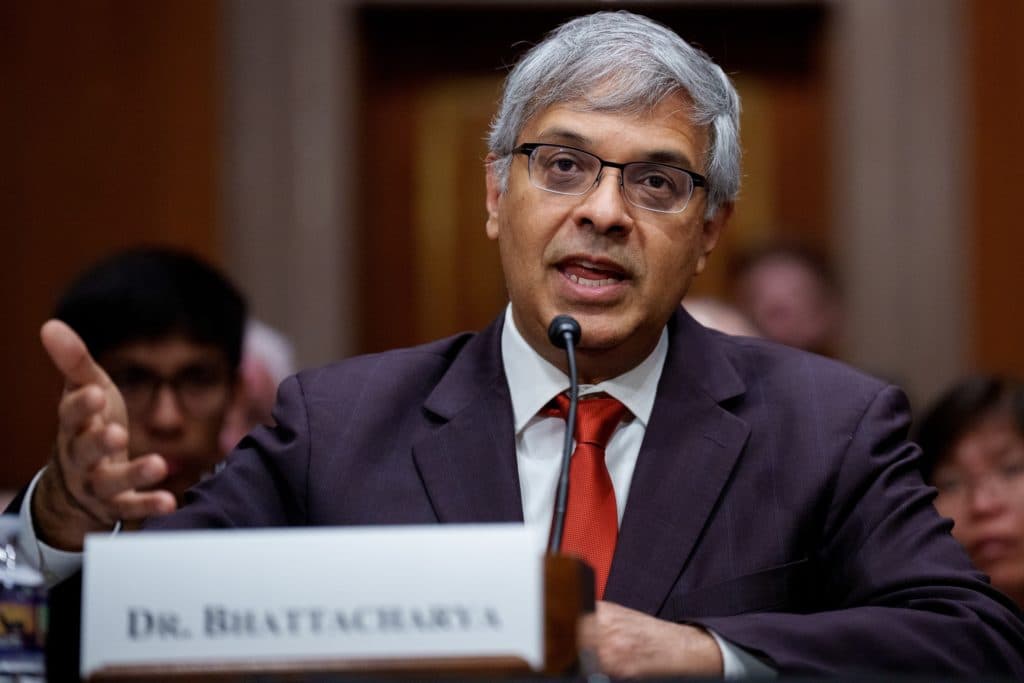Dr. Jay Bhattacharya Praises Grokipedia's "Balanced" Great Barrington Declaration Article Amidst NIH Director Nomination

Dr. Jay Bhattacharya, a prominent critic of COVID-19 lockdowns and recently nominated by Donald Trump to lead the National Institutes of Health (NIH), has publicly lauded Grokipedia's coverage of the Great Barrington Declaration as "balanced & almost entirely factually accurate." His comments, shared on social media platform X, sharply contrasted with his assessment of Wikipedia, which he labeled "biased, bordering on libelous." Bhattacharya also extended thanks to Elon Musk, the founder of Grokipedia.
The endorsement comes as Grokipedia, an AI-generated online encyclopedia developed by Elon Musk's xAI team, aims to position itself as a less biased alternative to Wikipedia. Launched in late October 2025, Grokipedia has been described by Musk as a "massive improvement" over its predecessor, designed to "purge out the propaganda." However, critics have pointed to its own ideological leanings, often reflecting conservative viewpoints and at times perpetuating historical inaccuracies.
The Great Barrington Declaration, co-authored by Bhattacharya in October 2020, advocated for "focused protection" during the COVID-19 pandemic, suggesting that those at minimal risk should live normally to build natural immunity while protecting the vulnerable. This approach was met with significant controversy and strong condemnation from numerous public health organizations and experts, including the World Health Organization and Dr. Anthony Fauci, who called it "dangerous" and "unethical."
Bhattacharya, formerly a professor at Stanford University, has been a vocal opponent of pandemic-era lockdowns and mandates. His recent nomination by President-elect Trump to head the NIH signals a potential shift in the leadership of a key scientific institution. This new role places him at the forefront of national health policy, amplifying the significance of his public statements on platforms like Grokipedia and Wikipedia.
The debate over the Great Barrington Declaration and the perceived biases in online encyclopedias highlights a broader struggle for epistemic authority in the digital age. Grokipedia, powered by the Grok large language model, has been observed to sometimes adapt content from Wikipedia while offering a different interpretive framework, sparking discussions about the future of knowledge dissemination and the role of AI in shaping public understanding.